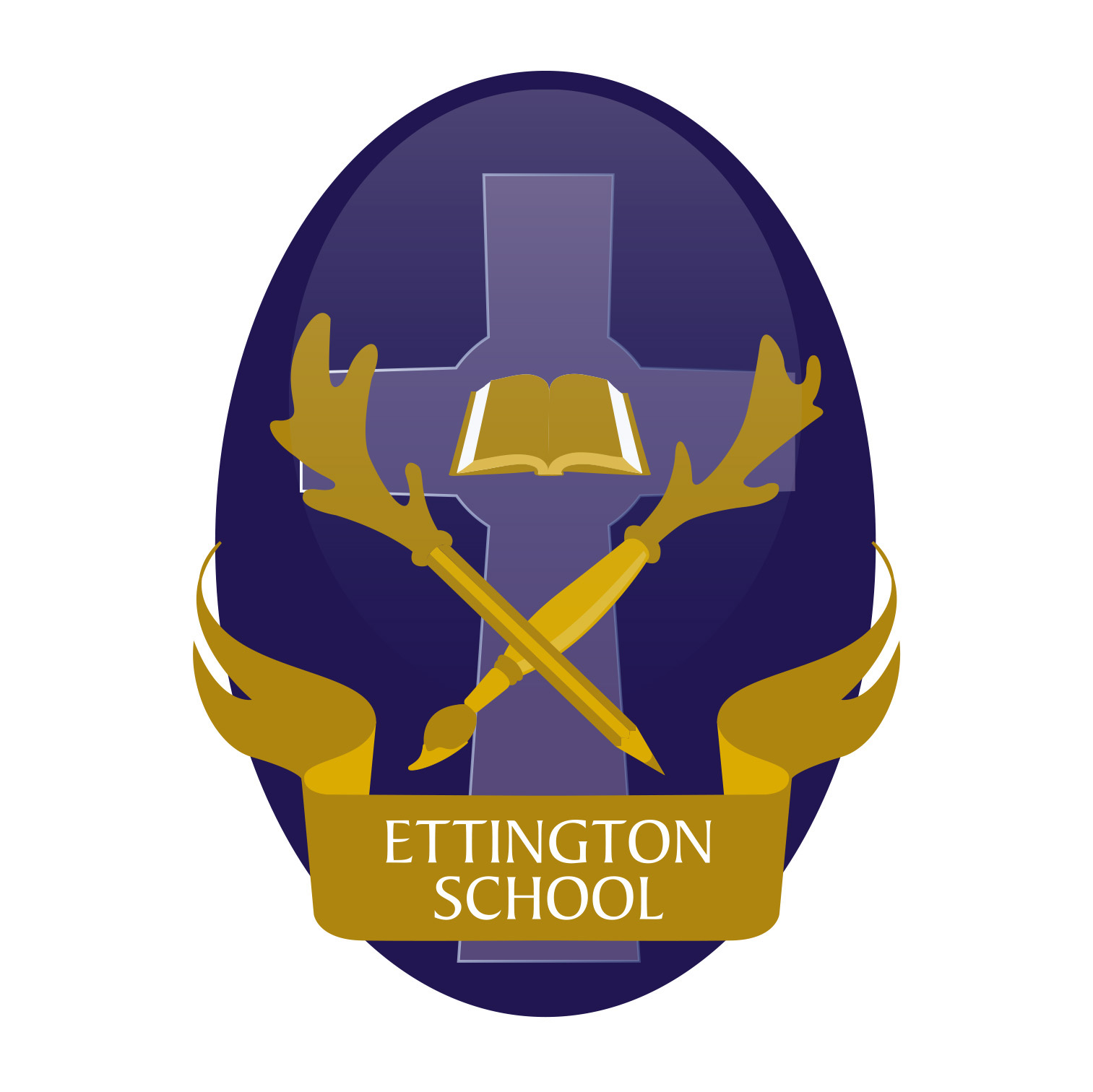RE
Building on the theological concepts that God created the earth and everything in it, including humans, we provide opportunities to appreciate God’s creation of the world and how EVERYONE was made in God’s image (Imago Dei) and loved, valued, celebrated and represented. As a school, we aspire to live out God’s plan for all creation to flourish. We believe in providing our children with varied opportunities to use and develop the gifts and talents they have been blessed with, to ensure they embrace “Life in its fullness” (John 10:10).
Religious Education supports this by allowing children the opportunity to gain a broader, in-depth understanding of different worldviews, as well to consider and share their personal worldviews. It enables pupils to know about, understand and respond to the important and ultimate questions of life. RE is taught in such a way that it enables all to flourish as it inspires pupils to explore, develop and affirm their own faith and values and have respect for the faith, beliefs and values of others. Opportunities are used to make links to and reflect on our key values of love, respect and trust.
Through providing high-quality, explicit RE teaching, children have the opportunity to reflect on and analyse a variety of different beliefs and world views, gaining a knowledge and understanding of diversity within and across different organised worldviews to follow our vision of everyone being loved, valued, celebrated and represented. Children are encouraged to consider, express and evaluate their own views on a range of issues. We look at different worldviews through the 3 disciplinary areas of theology, philosophy and human and social sciences. This means children are given the opportunities to reflect on how beliefs shape the way humans see themselves, the world and others, investigate what humans claim to know and ways in which religion and belief impact on living.
Through critically engaging with Biblical texts and exploring core theological concepts, children are given opportunities to develop knowledge and understanding of Christian beliefs and practices and the influence this can have on believer’s lives. Children consider the impact and connection that Christianity has on Britain’s cultural heritage and the lives of people worldwide. Children develop knowledge and understanding of other major world religions and worldviews through looking at examples of different individual and communal worldviews. This allows children to have a greater understanding of diversity and the wider world. Children are encouraged to consider, express and evaluate their own views on a range of issues.
Opportunities for enhancing the spiritual well-being of learners are developed through the RE curriculum. Learning activities in RE provide for the needs of all pupils, offering a safe space to explore their own religious, spiritual and philosophical ways of seeing, living and thinking, believing and belonging and to reflect on their personal worldview. They provide opportunities to engage in meaningful and informed dialogue with those who hold different worldviews.
As identified in the Statement of Entitlement, teaching and learning in RE in this school will provide:
· A challenging and robust curriculum based on an accurate theological framework.
· An assessment process which has rigour and demonstrates progression based on knowledge and understanding of core religious concepts.
· A curriculum that draws on the richness and diversity of religious experience worldwide.
· A pedagogy that instils respect for different views and interpretations; and, in which real dialogue and theological enquiry takes place.
· The opportunity for pupils to deepen their understanding of the religion and world views as lived by believers.
· RE that makes a positive contribution to SMSC development.
Lessons in RE follow units from Coventry and Warwickshire SACRE Syllabus and Understanding Christianity. Understanding Christianity allows children to develop a broad vocabulary and to engage with biblical text. Key concepts of the ‘big story’ of the bible are revisited to allow children to dig deeper and build on their previous knowledge. SACRE units are based on key questions and use case studies to look at how someone who follows an organised worldview might approach the question. They focus on individual worldviews and encourage children to reflect on their own personal worldview. We also use layover units which look at one organised worldview to ensure that children have the substantive knowledge to support them when exploring the big questions.
Religious Education is taught weekly; whole school focus days such as a day of Diwali dance workshops and a day focusing on Pentecost also support and extend learning. Visitors from a variety of religions and visits allow children to have a real life understanding of religion and to explore individual and communal world views.
